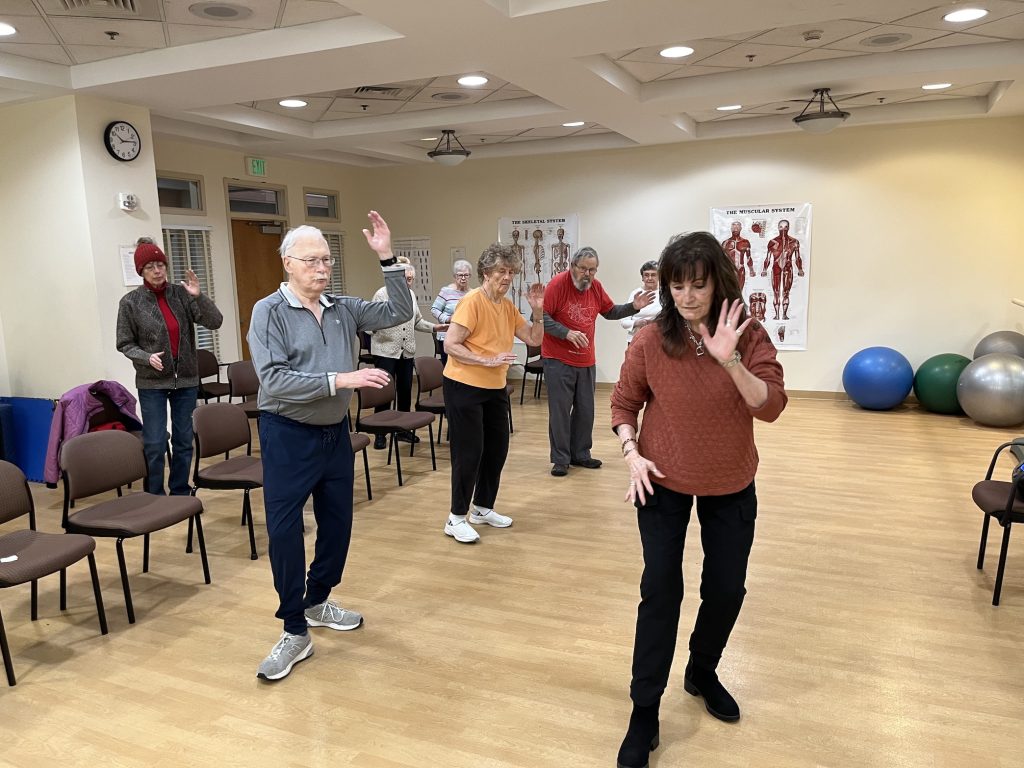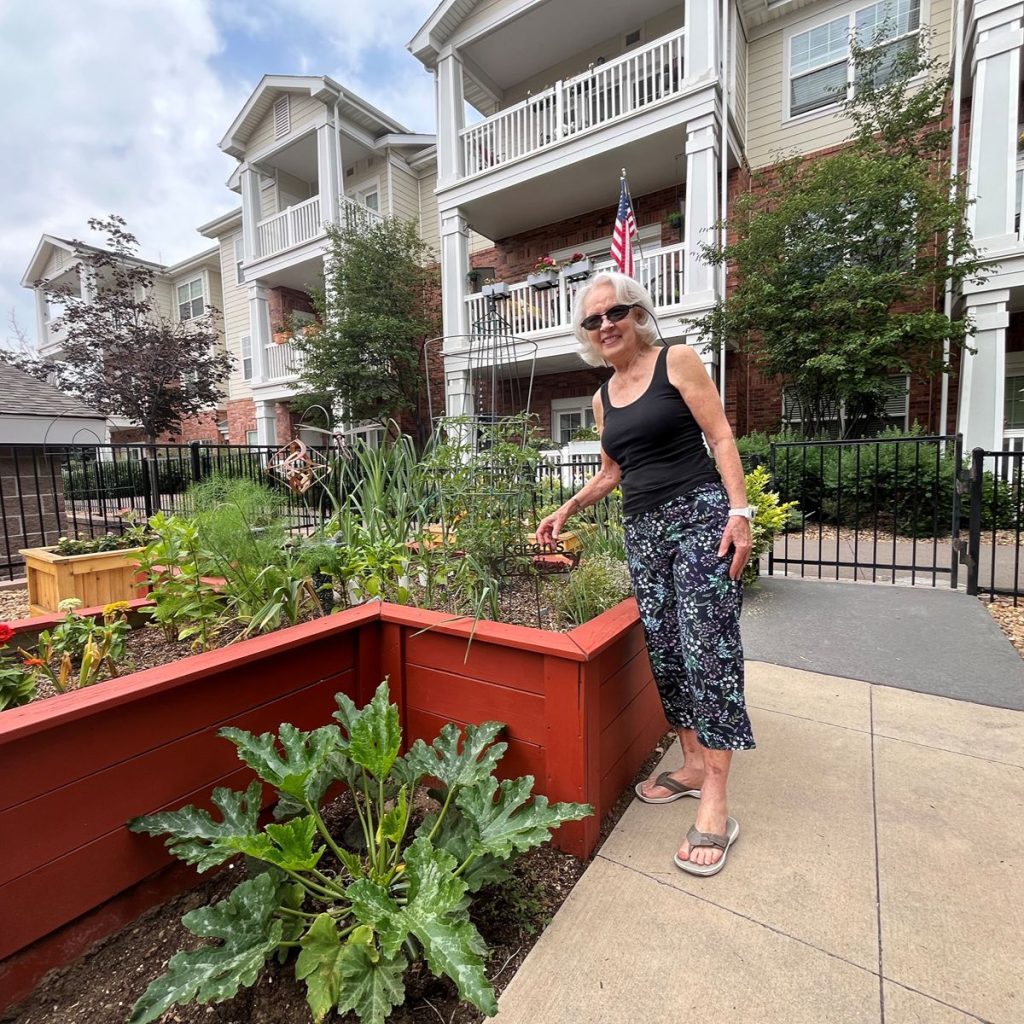Keeping your mind active and engaged is just as important as caring for your body, especially as you grow older. Cognitive health means having the ability to think clearly, learn new things, and hold onto memories. Simple daily habits for maintaining cognitive health for seniors can help you stay independent, confident, and connected to what matters most.
What Is Cognitive Health?
Cognitive health is your brain’s ability to process information, solve problems, and stay connected with others. According to the National Institute on Aging, making healthy lifestyle choices can help delay or prevent cognitive decline and dementia. Learning about cognitive health can help you feel empowered to make choices that support your well-being at every stage of life.
Five Practical Tips for Maintaining Cognitive Health
Here are five practical tips to help maintain cognitive health for seniors, plus an extra idea to inspire purpose and joy every day.
1. Move Your Body to Support Brain Function
How does staying active help your brain?

Moving your body increases blood flow to your brain, which brings oxygen and nutrients that help keep your memory strong. A 2024 study published in the journal Frontiers in Aging Neuroscience found that older adults who did three short, 10-minute sessions of moderate exercise each day had better learning and memory after six months compared to people who stayed mostly inactive.
Simple Ways to Get Moving:
- Enjoy daily walks around your neighborhood
- Join a water aerobics or tai chi class
- Stretch or do light exercises during TV commercial breaks
Even gentle movement adds up to significant benefits over time.
2. Prioritize Restful Sleep
How does sleep support cognitive health?

During sleep, your brain processes memories and clears away proteins linked to Alzheimer’s disease. The CDC recommends that adults 65 and older get 7 to 8 hours of quality sleep each night to stay sharp and healthy.
Tips for Better Rest:
- Keep a consistent bedtime and wake time
- Make your bedroom dark, cool, and quiet
- Avoid screens and caffeine in the evenings
If you have trouble falling or staying asleep, consider speaking with your doctor. Getting restful sleep makes it easier to stay focused and energized throughout the day.
3. Eat a Brain-Healthy Diet
Which foods help protect your mind?

Eating a variety of wholesome foods can help you stay energized, focused, and alert. Choosing meals rich in vitamins, healthy fats, and antioxidants gives your brain the nutrients it needs to work well and stay strong over time.
Brain-Boosting Foods to Enjoy:
- Leafy greens like spinach, kale, and Swiss chard
- Berries such as blueberries and strawberries
- Fatty fish including salmon and sardines
- Nuts, legumes, and whole grains
At Holly Creek, residents can enjoy delicious meals prepared with fresh, seasonal ingredients that support cognitive health and overall well-being.
4. Stay Socially Connected
Why does social engagement help protect memory?

Spending time with others exercises your memory, language skills, and critical thinking. According to the Global Council on Brain Health, seniors who socialize regularly have a 30 percent lower risk of cognitive decline.
Ideas to Stay Connected:
- Meet friends or family for coffee
- Join a book club, hobby group, or faith community
- Volunteer for a cause that inspires you
Holly Creek offers a full calendar of clubs, classes, and events to help residents build friendships and stay engaged.
5. Keep Learning and Challenging Your Brain
Why is it helpful to learn new things?

Learning keeps your brain active and engaged, no matter your age. When you explore a new skill or activity, your mind builds fresh connections that help you stay sharp and confident. Staying mentally active can also lift your spirits and give you something to look forward to.
Ideas to Keep Your Mind Engaged:
- Enjoy puzzles, crosswords, or memory games
- Try painting, photography, or crafts you have always wanted to explore
- Sign up for a creative workshop or educational class offered right here at Holly Creek
You do not have to become an expert. What matters most is enjoying yourself and keeping your mind interested in new things.
Extra Tip: Find Purpose and Joy Each Day
How does purpose support cognitive health?
A sense of purpose fuels motivation and resilience. Older adults who feel their lives have meaning are more likely to stay active, eat well, and nurture relationships, all of which support brain health.
Consider what brings you joy:
- Mentoring younger generations
- Volunteering for an organization you care about
- Creating art or exploring spirituality
Having something to look forward to each day can uplift your mood and strengthen your mind.
Caring for your cognitive health is an investment in your independence and well-being. Whether you are discovering a new hobby, connecting with neighbors, or taking a walk through Centennial, Colorado’s beautiful parks, small choices can help you feel confident, sharp, and fulfilled.
At Holly Creek, we are dedicated to helping seniors in the Denver area thrive every day. Our welcoming community offers enriching activities, wellness resources, and compassionate support so you can live life to the fullest.
Interested in learning more about senior living that supports cognitive health? Contact us today to schedule a visit or chat with our team about how we can help.





